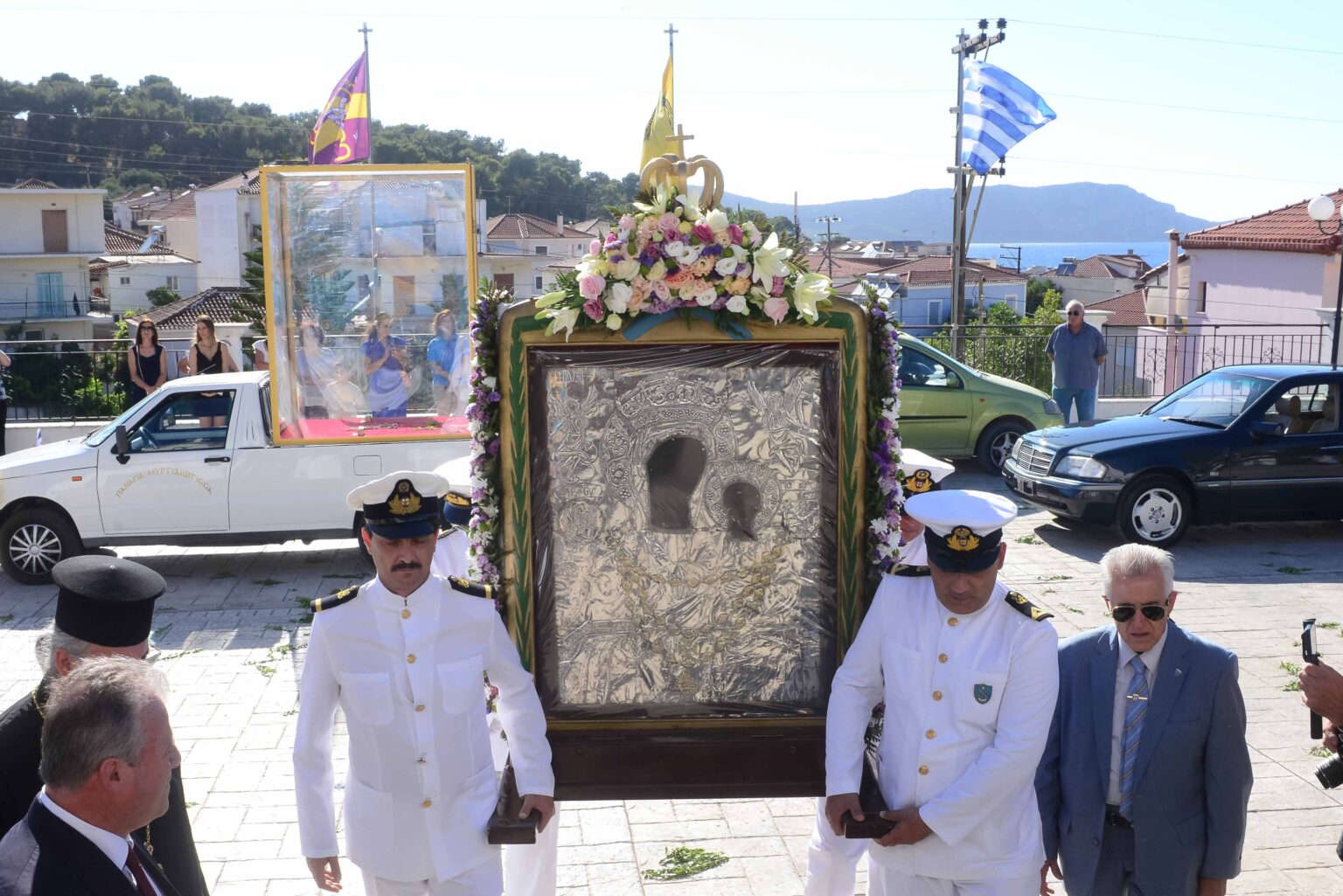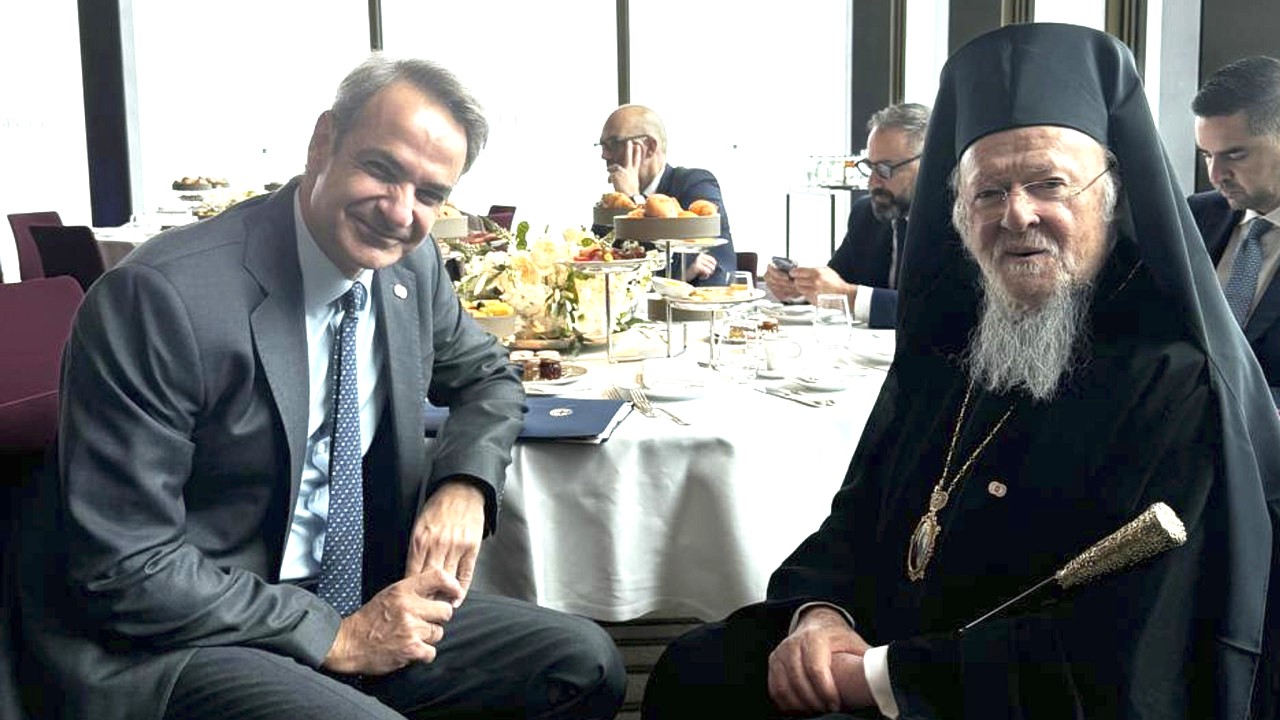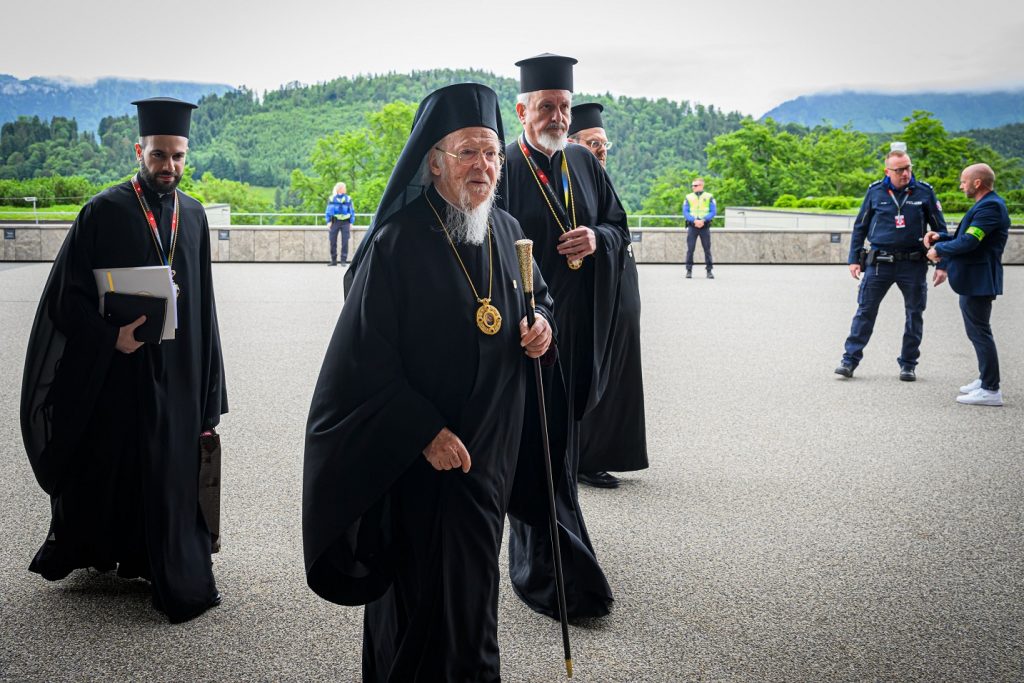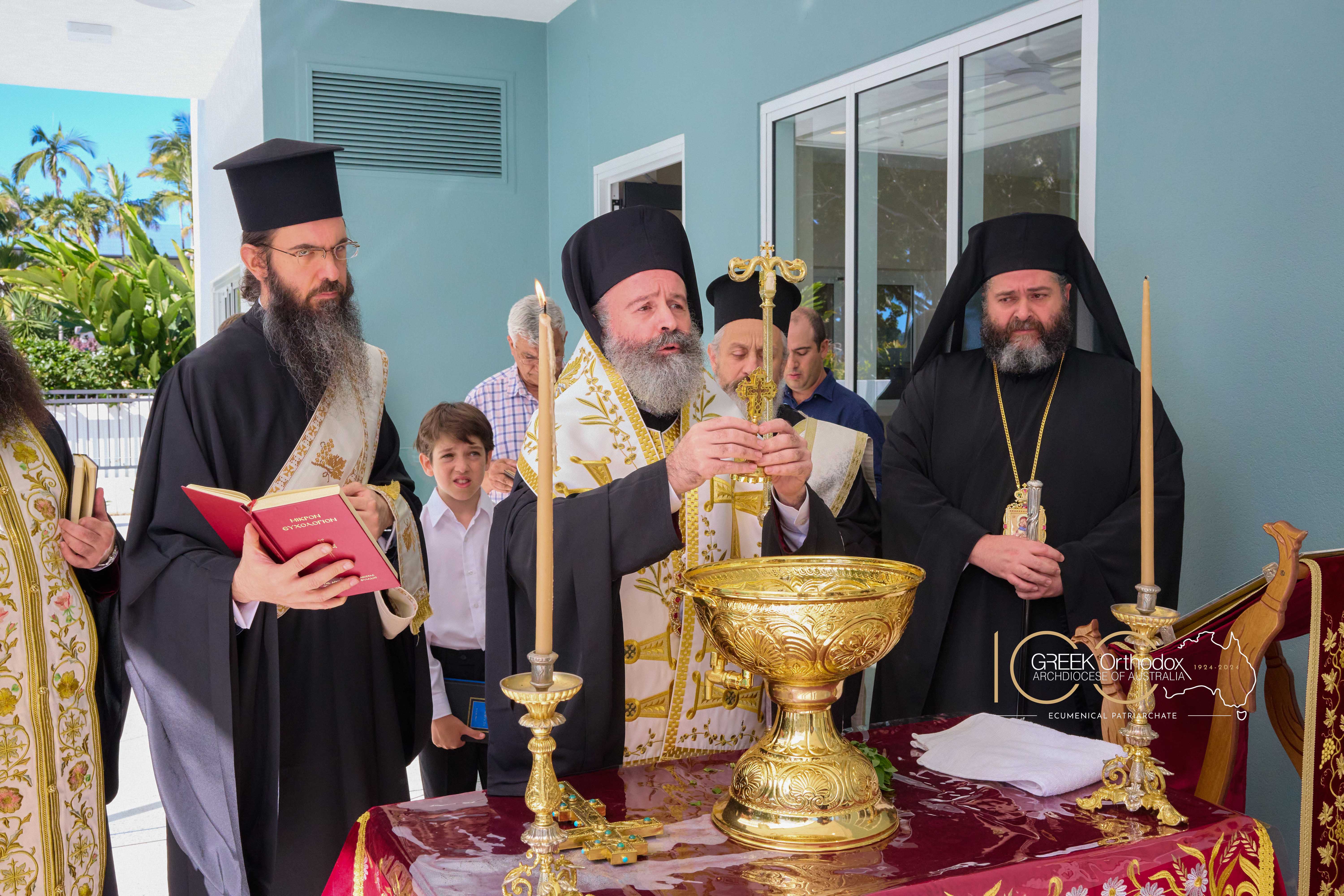Archbishop of Finland condemns conversion of Chora Monastery to Mosque


His Beatitude Archbishop Leo of Helsinki and all of Finland has expressed deep concern over the Turkish government’s decision to convert the Church of Christ the Saviour of the Chora Monastery in Constantinople from a museum into a mosque. This church, renowned for its Byzantine mosaics and frescoes, is part of the UNESCO World Heritage List.
Archbishop Leo criticises this decision as part of a trend by the Turkish government to obscure the country’s cultural and historical richness, citing a similar move with the Hagia Sophia in 2020. He argues that this conversion disrupts the religious tolerance and mutual respect that previously characterised Turkey’s approach to its diverse religious heritage.
Archbishop Leo emphasises that the Chora Monastery’s artworks are central to Eastern Christian tradition and that their concealment constitutes a violation of religious freedom and a loss to global cultural heritage. He questions the necessity of converting significant Christian heritage sites into mosques, given the abundance of existing and newly built mosques in Constantinople. He also points out the contradiction in Turkey’s reluctance to allow the reopening of an Orthodox study hall while permitting extensive Islamic theological education.
Finally, he appeals to the Turkish government to reconsider its decision, urging respect for all religious traditions and historical heritage to prevent unnecessary cultural and religious harm.
Read the full announcement below:
On behalf of the Finnish Orthodox Church, I express my deep concern about the Turkish government’s decision to convert the Church of Christ the Savior of the Chora Monastery in the city of Constantinople from a museum to a mosque. This is yet another discordant chord in the symphony of mutual respect and understanding that has prevailed in Turkey in the past among all religions and their representatives. The “right of conquest” on which the conversion of the holy Hagia Sophia into a mosque in 2020 was based, means that the Turkish government has turned away from its previous line emphasizing religious tolerance.
The Church of Christ the Saviour is a treasure trove of mosaics and frescoes from the Byzantine period, and for centuries it has been a source of inspiration and spirituality for people around the world. Ecclesiastical art plays a very central role in the Christian tradition of the East – covering up the Khora wall paintings violates religious freedom and impoverishes the world’s cultural heritage.
In converting churches from museums to mosques, Turkey shows no respect for religious diversity and Constantinople’s rich history. The Turkish government, like the governments of all independent countries, has the prerogative to make decisions it sees fit. However, the Bible offers useful advice to decision-makers: “Everything is permitted, but not everything should be done.” Everything is permissible, but everything is not edifying” (1 Cor. 10:23). Political decisions should not cause irreversible cultural-historical damage. Rather, all believers should bear a shared responsibility to respect the holy places of different religions and avoid unnecessary pain and division caused by such decisions.
There are already numerous mosques in Constantinople and new ones are being built all the time. It is difficult to understand why it would be necessary to convert world heritage sites important to Christians – such as Hagia Sophia or the Chora Church – into mosques. There are also several universities in Turkey that offer Islamic theological education. Why can’t a culturally rich and diverse country allow the re-opening of even one study hall on the island of Halki for Orthodox Christians? I cannot help but see that such decisions are actually aimed at influencing the activities of the Ecumenical Patriarchate, the Orthodox center of the world, in Turkey.
As the head of the Finnish Orthodox Church, I appeal to the Turkish government and ask it to reconsider the decision and strive for choices that would respect the traditions and history of all religions.
The Church of Christ the Saviour in Chora is also known as the Kariye Mosque (Turkish: Kariye Camii). The over a thousand-year-old church is located in the Edirnekapı district of Fatih, Constantinople. It is mainly famous for its magnificent late Byzantine mosaics and frescoes. The church building itself is a sample of Byzantine architecture.
The building was converted into a mosque in the 16th century and a museum in 1945. However, in November 2019, the Supreme Administrative Court of Turkey and the State Council of Turkey ordered that the Chora Church should be converted back into a functioning mosque. In August 2020, the building’s status was formalised as a mosque, and on May 6, 2024, it was opened for Muslim worship.
Source: Orthodox Church of Finland




